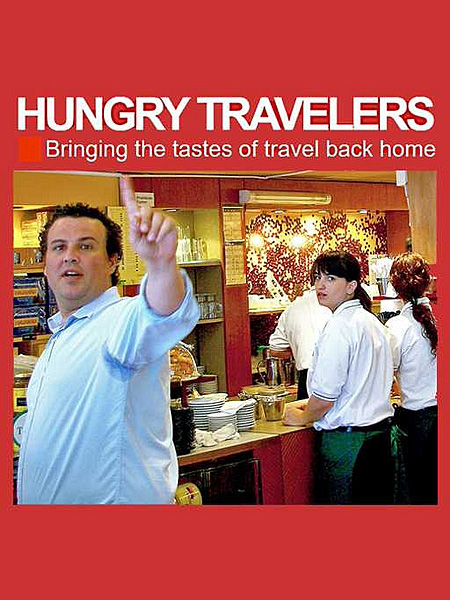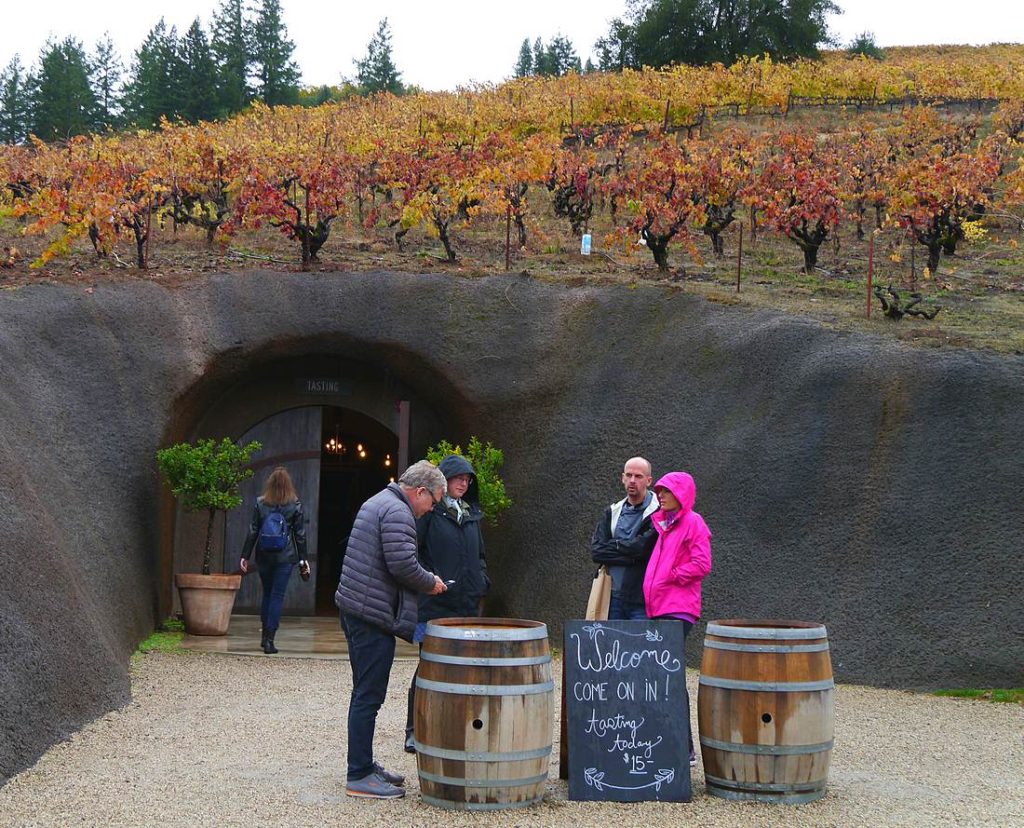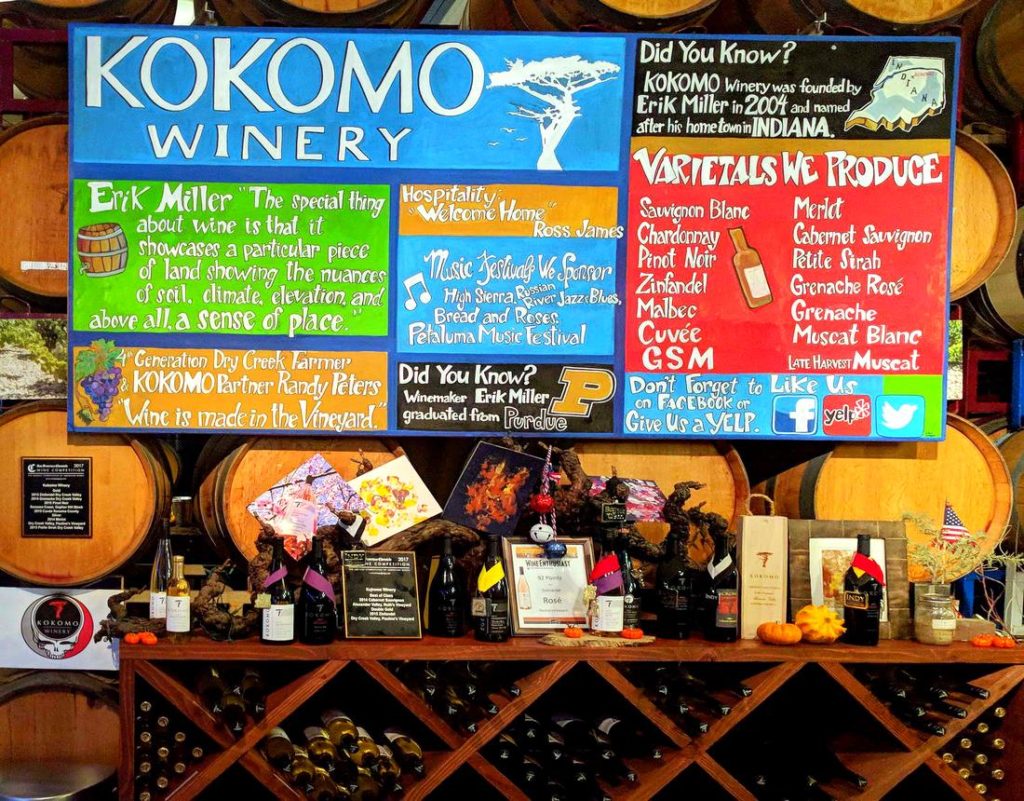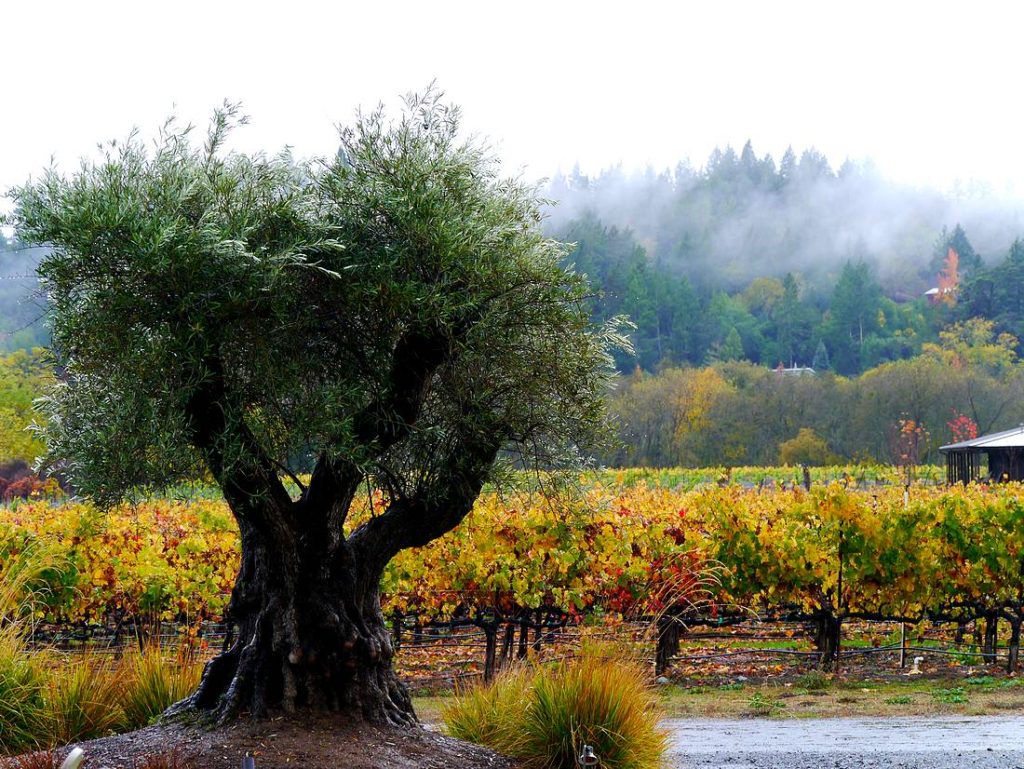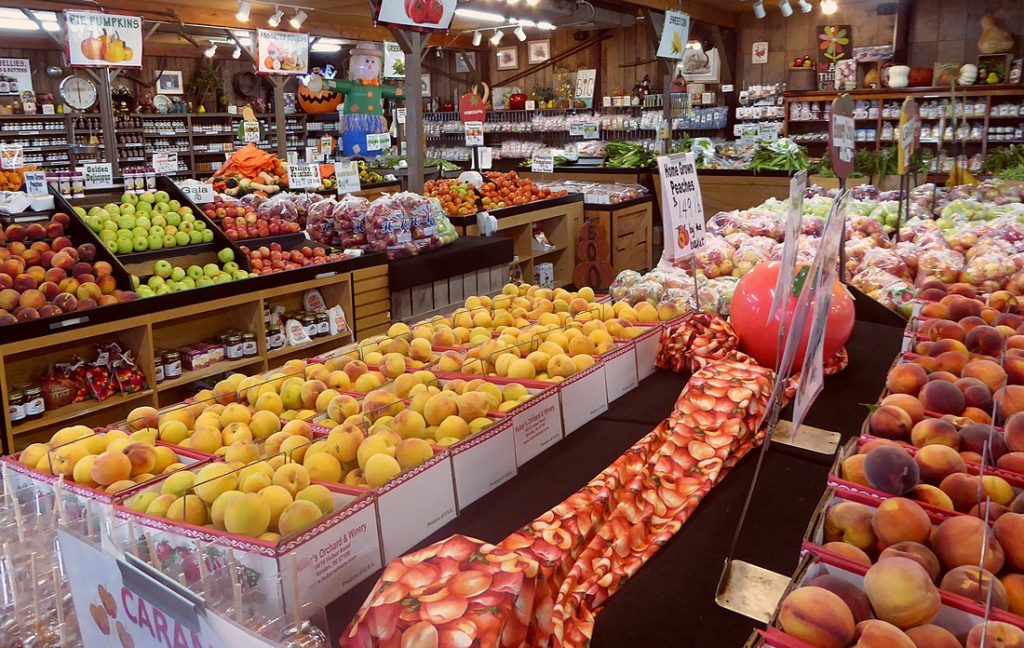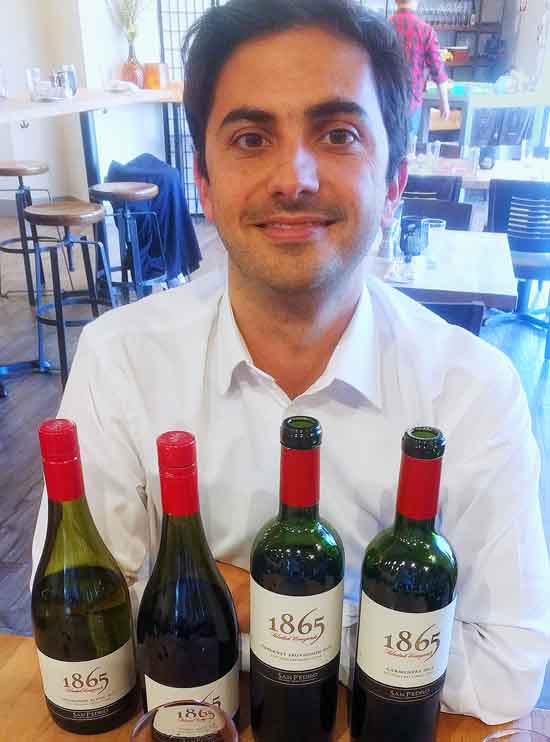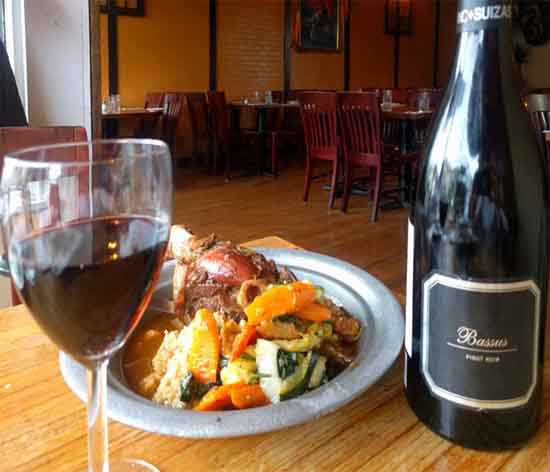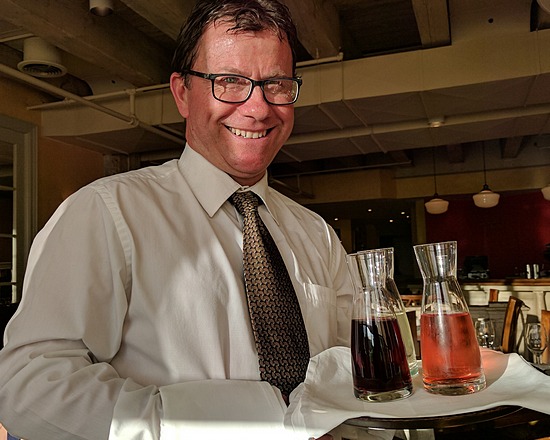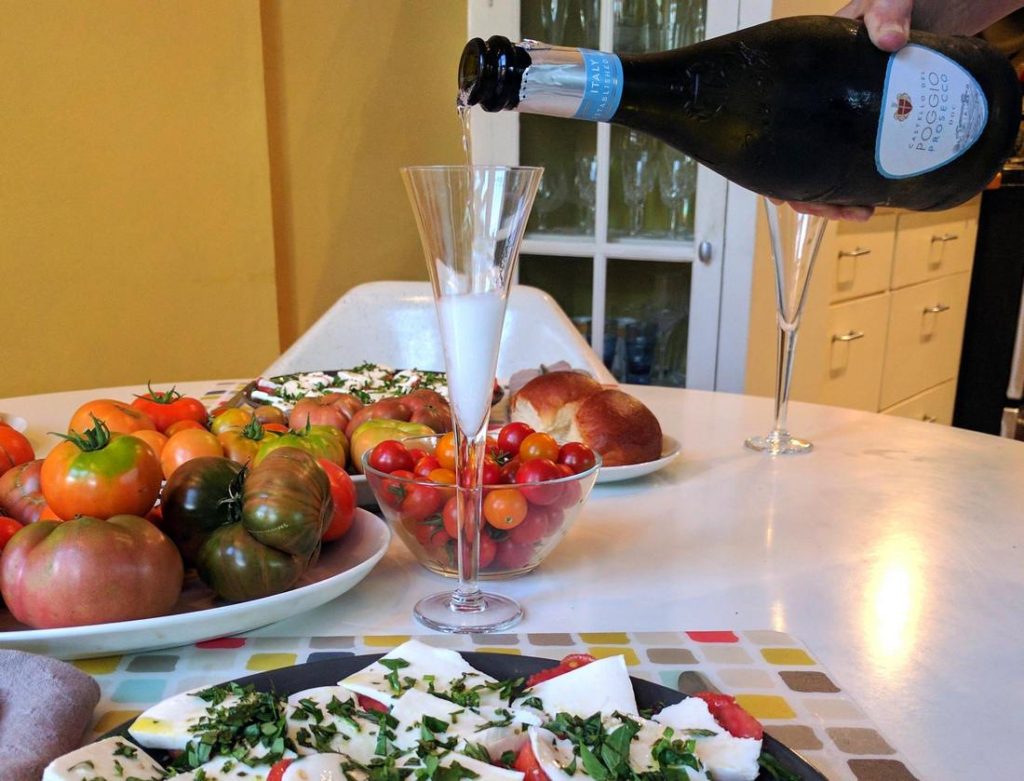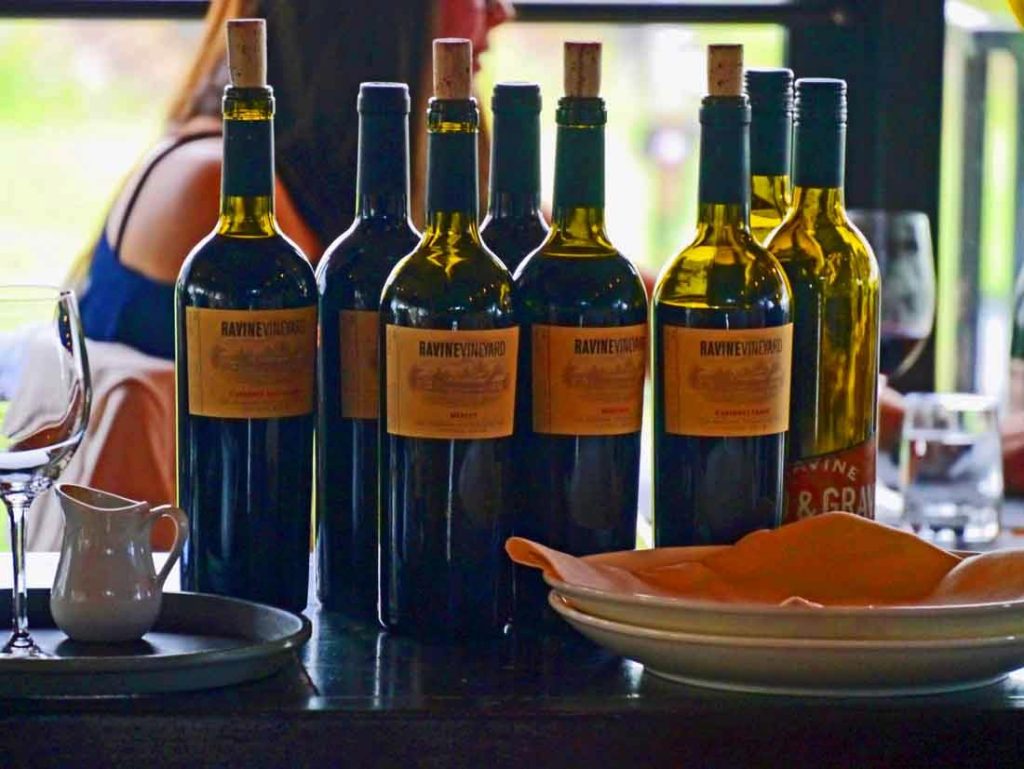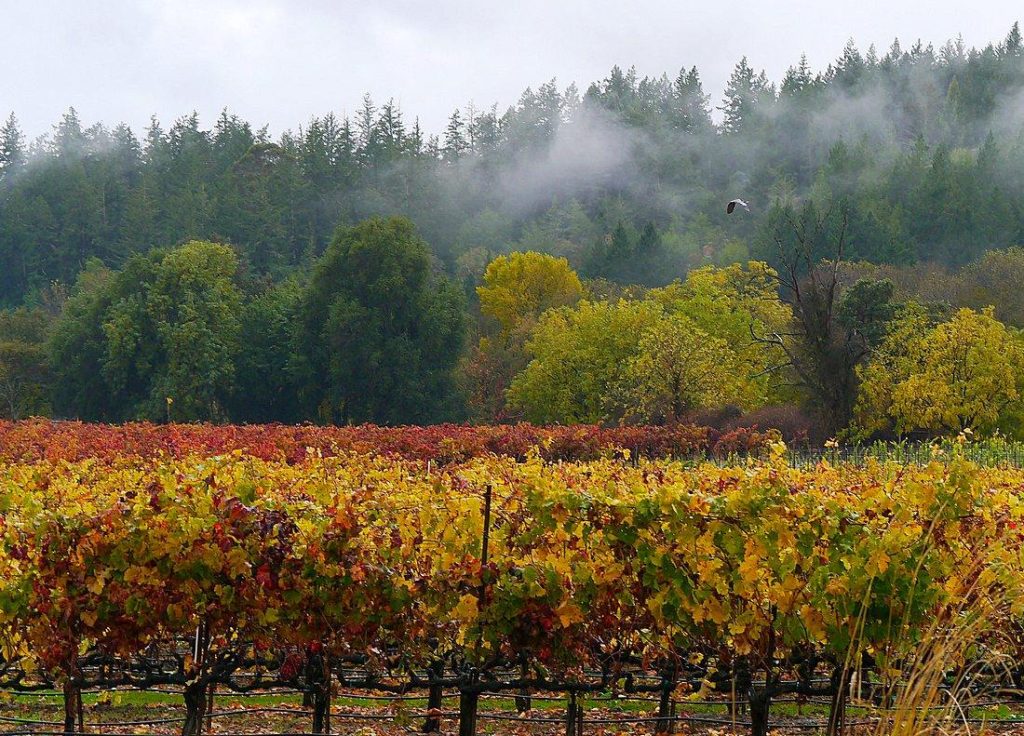
Comstock embodies Sonoma wine country living
The success of the 2004 film Sideways made California Merlot unpopular for a while. But the dip in that red's reputation might have made helped clear the way for the winery and tasting room at Comstock Wines (1290 Dry Creek Road, Healdsburg, 707-723-3011, comstockwines.com, tastings $20-$50). The photo above looks out the back of Comstock's tasting room to old Merlot vineyards. (That's a blue heron flying over the vines.) Many more vines were sacrificed to clear ground to build the winery, tasting room facility, and wine club residence. But not too many. Founded in 2012 using much older vineyards, Comstock still makes an outstanding Merlot that shows the restraint of the cooler Dry Creek Valley climate but bursts with black currant and violets. Currently producing...Read More
